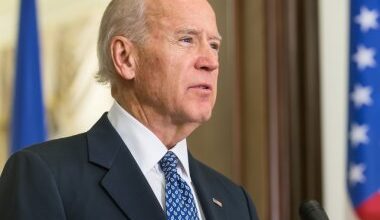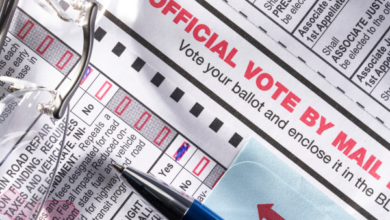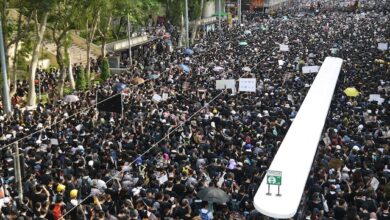The Impact of Social Media Echo Chambers on Election Outcomes

In the digital age, social media platforms have become ubiquitous in our lives, profoundly influencing the way we communicate, consume information, and engage in political discourse. While social media offers the potential to connect people from diverse backgrounds, it has also given rise to the phenomenon of echo chambers. These echo chambers, where individuals are exposed predominantly to ideas and perspectives that align with their own, can have a significant impact on election outcomes. In this essay, we will explore the ways in which social media echo chambers influence elections and the broader implications for democratic processes.
Understanding Social Media Echo Chambers
Social media echo chambers are virtual spaces where individuals are surrounded by information, news, and opinions that confirm their existing beliefs and viewpoints. This phenomenon occurs due to algorithms employed by social media platforms, which tailor content to user preferences based on past behavior and interactions. As a result, users are more likely to encounter content that reinforces their pre-existing beliefs and biases while filtering out dissenting views.
Reinforcement of Existing Beliefs: One of the primary impacts of social media echo chambers on election outcomes is the reinforcement of existing political beliefs. When individuals are repeatedly exposed to content that aligns with their views, it solidifies their convictions, making them less receptive to alternative perspectives and less likely to consider opposing candidates or policies.
Polarization and Divisiveness: Echo chambers exacerbate political polarization by fostering an “us vs. them” mentality. When users are insulated from diverse opinions, they tend to perceive those with differing views as the enemy. This polarization can lead to increased hostility in political discourse and make compromise and cooperation more challenging.
Selective Exposure: Social media users tend to engage with content that resonates with their beliefs while actively avoiding or dismissing opposing viewpoints. This selective exposure can reinforce echo chambers and limit individuals’ exposure to diverse political ideas, ultimately impacting their voting decisions.
Confirmation Bias: Echo chambers fuel confirmation bias, where individuals seek out and prioritize information that confirms their existing beliefs. This bias can distort perceptions of reality and lead to uninformed or biased voting decisions.
Echo Chamber Amplification: Echo chambers can amplify certain narratives or misinformation. False or exaggerated information that aligns with the dominant beliefs within an echo chamber can spread rapidly, influencing public opinion and election outcomes.
Implications for Election Outcomes: The impact of social media echo chambers on election outcomes is profound and multifaceted:
Influence on Voter Behavior: Echo chambers influence how people perceive candidates and policies, often leading them to become more entrenched in their existing positions. This can affect voter turnout, candidate selection, and overall electoral participation.
Undermining Informed Decision-Making: Echo chambers limit the diversity of information available to individuals, potentially leading to less-informed voting decisions. When voters are exposed to a narrow range of opinions, they may miss critical nuances and complexities associated with political issues.
Erosion of Trust in Elections: The perception that elections are influenced by echo chambers and misinformation can erode trust in the democratic process itself. Citizens may become disillusioned and disengaged, believing that their votes do not matter in a system where echo chambers dominate discourse.
Manipulation by External Actors: Echo chambers can be exploited by external actors, such as foreign governments or interest groups, to disseminate propaganda or sow discord. This manipulation can further distort election outcomes and undermine the integrity of democratic processes.
Conclusion
The impact of social media echo chambers on election outcomes is a critical issue that demands attention in the digital age. While social media platforms have the potential to connect individuals and facilitate open dialogue, echo chambers have the opposite effect, reinforcing existing beliefs, promoting polarization, and distorting the democratic process. To mitigate these effects, it is essential for individuals to actively seek out diverse perspectives, for social media companies to address algorithmic biases, and for society as a whole to promote digital media literacy. Only through these concerted efforts can we hope to ensure that social media contributes positively to democratic elections rather than undermining their integrity.


